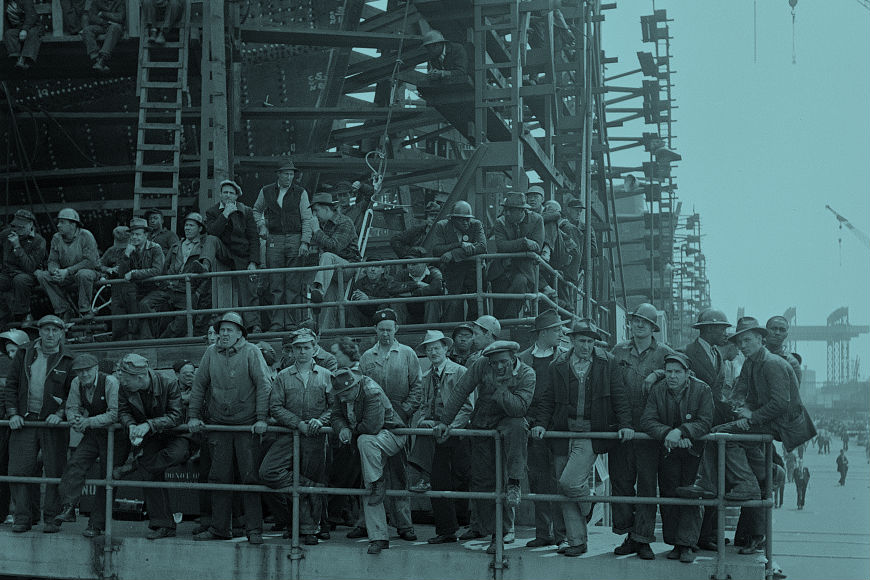Thank you to Kate Drabinski and Nicole King for sharing this call for local historians and scholars to submit proposals for an exciting new collection on the social history of Baltimore. Read on for details and submit an abstract or paper by September 1, 2015 for consideration.
Baltimore Revisited: Social History for the Twenty-First Century City will draw from a wide range of researchers inside and outside of the academy to tell the stories of how and why Baltimore looks and functions as it does today. We are specifically looking for heavily researched pieces written in an accessible voice that can offer new perspectives on the city’s social history grounded in the specific places, neighborhoods, and communities in Baltimore. Each chapter could stand alone, but together, they will offer a newer vision of local history from the ground up to complicate our view of the past, as well as the present.
It has been over 20 years since Linda Shopes, Elizabeth Fee, and Linda Zeidman published The Baltimore Book: New Views of Local History with Temple University Press. The book broke new ground, telling histories of Baltimore City not from the perspective of the Great Men of the city—the robber barons, war heroes, and politicians—but from the perspective of groups traditionally marginalized from mainstream history: workers, activists, organizers, and agitators. Growing out of a radical history bus tour, The Baltimore Book was also unique in embracing voices from inside and outside the academy, resulting in an accessible and beautifully illustrated book that still claims a broad readership today.
While The Baltimore Book is still a relevant text, it is time for a twenty-first century version of this project, one that continues the path started in 1991 while harvesting new histories from “The Greatest City in America.” The historical time frame for this book will cover a wide range of eras, from the 18th century when Baltimore’s industrial prominence was on the rise to the city’s current period of deindustrialization. The 2015 Baltimore Uprising further illustrated that the city of Baltimore is an important subject for analyses of the deeply embedded structural inequalities and the great tenacity and potential of the city in the twenty-first century. Baltimore Revisited: Social History for the Twenty-First Century City will address the past in the guise of informing a better future for Baltimore and other urban centers in the U.S. and beyond.
Submissions are invited from a diversity of disciplines—not just history—such as: American Studies, Gender and Women Studies, Public History, Historic Preservation, Local History, Human Geography or Architecture, Comparative Ethnic Studies, Urban Studies or other similar fields. Chapters should be between 3,000 – 6,000 words, excluding references.
Please email 500-word abstracts and/or completed papers and a CV to nking@umbc.edu and drabinsk@umbc.edu by September 1. Authors will be notified of acceptance of chapters by September 15 with full draft of the chapters to editors by January 1, 2016. Chicago citation format is suggested but not required for initial submissions.
We plan for the publication of Baltimore Revisited in late-2016 to mark the 25th anniversary of The Baltimore Book’s publication.
Possible topics include—but are not limited to:
- Deindustrialization
- Race and Racism in the City
- Collective movements in the City
- Economic Development
- Mass transit—and its loss
- Struggles for equality by—and within—the LGBT community
- The role of the Baltimore Black Panthers in making community
- Immigration histories
- Police Violence and the social movements fighting against it
- Histories of public art and development
- Public Education
- LGBT nightlife
- Neighborhood histories
- Public housing
- Infrastructure—water, roads, bridges, etc.
- Labor movements
- Feminist movements
- Civil Rights
- Parks and recreation
- Urban planning
- Historic Preservation


One comment